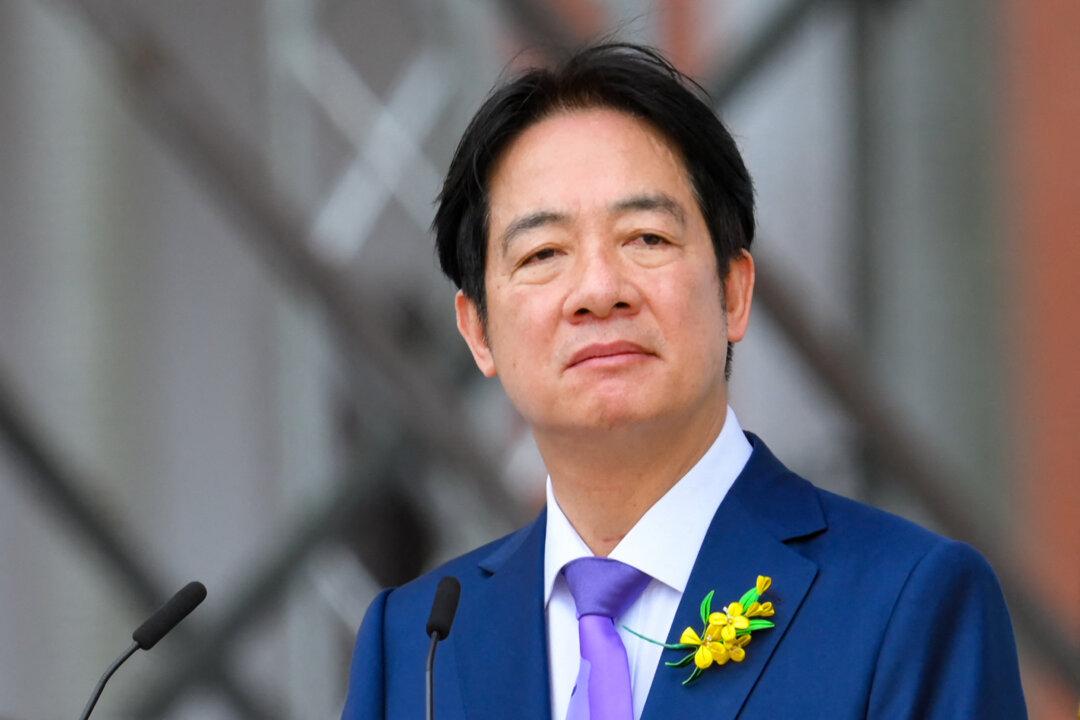The size of an army doesn’t necessarily determine a country’s military strength, as proven by instances of smaller armies defeating larger opponents at various points in history, Taiwan’s president told his military leaders ahead of the island’s annual war games.
“In history, there are many cases where the few win out over the many, and there are countless ways to win over old-fashioned enemies with new thinking,” Taiwanese President Lai Ching-te said in a speech to officers at the Ching Chuan Kang Air Base in Taichung, Taiwan, on July 8.





